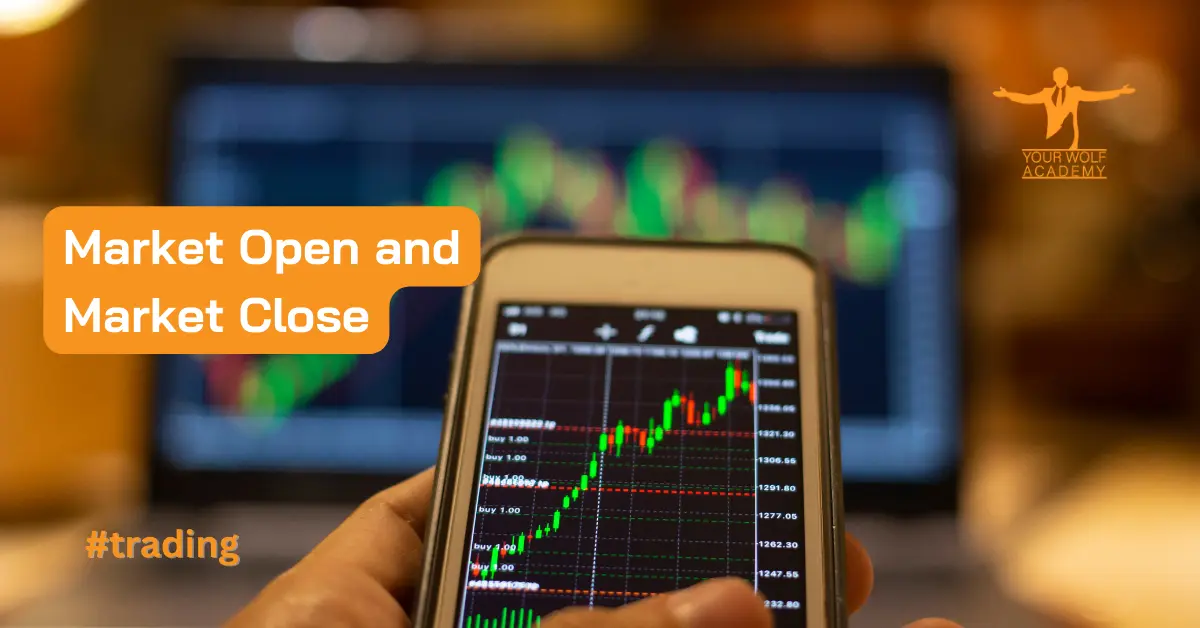Margin trading is a popular tool used by traders to increase their buying power and amplify their returns. However, margin trading can also lead to significant losses if not managed properly. Understanding the concepts of margin, margin calls, and margin closes is essential for any trader who wants to use this tool effectively.
In this article, we will explore these concepts in detail and provide you with the knowledge you need to trade with confidence.
What is Margin Trading?
Margin trading is a way of trading assets using borrowed funds from a broker. In other words, margin trading allows traders to buy more assets than they would be able to with their own capital.
This is possible because the broker provides the trader with a loan, which is secured by the assets being traded. Margin trading is typically used in financial markets such as stocks, currencies, and futures.
What is Margin?
Margin is the amount of collateral that a trader must provide to the broker when entering into a margin trade. The amount of margin required is usually expressed as a percentage of the total trade value.
For example, if the margin requirement is 10%, and a trader wants to make a trade worth $10,000, they would need to provide $1,000 as margin.
Margin Call
A margin call occurs when the value of the assets being traded falls below a certain level, which is set by the broker. When this happens, the broker will require the trader to deposit additional funds to maintain the required margin. This is because the broker wants to ensure that they are protected from any losses that the trader may incur.
If the trader fails to deposit the additional funds, the broker may close out the trader’s position, which is known as a margin close. This is done to prevent the trader from losing more money than they have deposited.
Margin Close
A margin close occurs when the trader’s position is automatically closed by the broker due to a lack of margin. This can happen when the value of the assets being traded falls below the margin requirement set by the broker, and the trader fails to deposit additional funds to maintain the required margin.
When a margin close occurs, the trader’s position is closed at the current market price, which may result in a loss for the trader. The broker will use the funds from the sale of the assets to repay the loan that was provided to the trader. If there is any remaining debt, the trader will be responsible for repaying it.
Managing Margin
Managing margin is crucial when trading on margin. Traders must ensure that they have sufficient margin to cover their positions and avoid margin calls or margin closes. Here are some tips for managing margin effectively:
- Set realistic expectations: Traders should have realistic expectations for their trades and avoid taking on positions that are too large or too risky.
- Monitor margin levels: Traders should monitor their margin levels closely and be aware of the margin requirements for each trade.
- Use stop-loss orders: Traders should use stop-loss orders to limit their losses in case the value of their assets falls below a certain level.
- Deposit additional funds: Traders should deposit additional funds to maintain the required margin if the value of their assets falls below the margin requirement.
- Consider alternative strategies: Traders should consider alternative strategies, such as reducing leverage or diversifying their portfolio, to manage their margin effectively.
Conclusion
Margin trading can be a powerful tool for traders who want to amplify their returns, but it also carries significant risks. Understanding margin, margin calls, and margin closes is essential for managing these risks and trading effectively.
By setting realistic expectations, monitoring margin levels, using stop-loss orders, depositing additional funds when necessary, and considering alternative strategies, traders can manage their margin effectively and trade with confidence.
Remember, margin trading can lead to substantial losses, so it’s essential to use this tool wisely and approach it with caution. With this comprehensive guide, you now have the knowledge and tools necessary to navigate margin trading successfully.
Your Wolf Academy offers a range of educational resources to help traders succeed, including free signals, technical analysis, and weekly webinars. Sign up today and get a recommendation for a regulated brokerage company that suits your needs.


